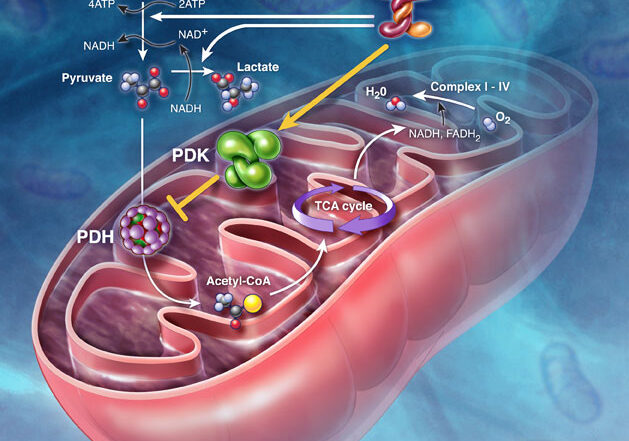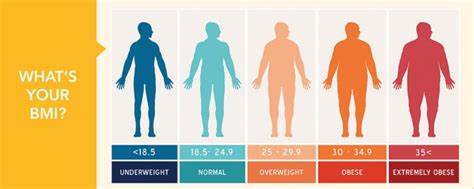
Does Bariatric Surgery Cause a Metabolic Shift - Aastha Bariatrics
Medically reviewed by Dr. Manish Motwani, Bariatric & Metabolic Laparoscopic Bariatric Surgeon — Curated by Deep Kaur
Table of Contents
Obesity and its effects
Obesity results in weight gain which leads to degraded quality of health and life.
When there is excess energy intake in comparison to the energy expenditure, the body starts storing energy. Our daily energy intake includes carbohydrate which comprises 60% of our daily energy intake, 20% comes from protein and the next 20% comes from fat. With excess intake of carbohydrate, it gets converted into glycogen and later into fat and gets deposited under the skin.

High weight can result in various metabolic disorders, resulting in low secretion of insulin and increase in blood sugar level, hormone imbalance, sleep apnea, cardiovascular disease and excess lipid profiles.
Any individual with the BMI of 30 kg/m2 and above is considered as obese and require therapeutic weight loss surgery intervention.
With Bariatric surgery, there is reduction in the size of the stomach which results in change in energy balance, fat digestion and changes the equilibrium tremendously.
With reduction in weight the adaptation in metabolic activity is observed. With every weight loss there is an increase in the BMR which is body metabolic rate. Secretion in hormones changes, the energy expenditure and utilization changes post weight loss in order to maintain the thermogenesis. Various hormones influence our body energy intake and expenditure, the metabolic rate is regulated by the thyroid hormone especiallyT3.

Leptin hormone is secreted from adipose tissues and which results in bringing satiety effect post meal, in high weight the leptin hormone sensitivity is less which results in feeling hungry even after meal consumption.
Leptin is secreted in the hypothalamus, it creates a negative energy balance by suppressing appetite and thus increasing the energy expenditure.
When insulin levels are high it conveys a message stating the insulin availability, which results in the absorption of insulin by cells for their cellular functions.
With weight loss, changes in catabolic and anabolic activities are observed gradually.
A slow and gradual weight loss will be easy to sustain and will help in improving the body metabolic rate.
With weight loss there will be a continuous adaptation in the metabolic activity, since weight loss is a continuous process, metabolic level will change as well.
With weight loss there will be better secretion of insulin hormone, resulting in balanced glucose level.
Hormones secretion will be better and that will improve the metabolic activity eventually.
The leptin and ghrelin hormone stability, the energy expenditure and intake will be in controlled manner resulting in energy balance.
Metabolism
Metabolism is the process in which food is converted into energy. The energy is used for the cellular functions, metabolic functions in order to sustain life.
While doing physical activity the energy is utilized for the muscular functions, in resting stage energy is required to maintain the body temperature, cellular functions, for maintaining the normal blood circulation and breathing and also to maintain the hormonal changes.
How to maintain healthy weight after weight loss?
Maintaining a healthy body weight after weight loss requires equal energy input and output to maintain the metabolism.
With healthy weight loss, adoption in metabolic activities is achieved. Physical activity with appropriate energy intake is recommended. Adequate nutrient intake with proper hydration will benefit the weight loss.
Post bariatric surgery, weight loss is achieved in a gradual manner which helps us sustain the weight as well.
Metabolic changes improve with every weight loss.
This way we can improve our lifestyle and maintain our body weight.
Medically reviewed by Dr. Manish Motwani, Bariatric & Metabolic Laparoscopic Bariatric Surgeon — Curated by Deep Kaur





